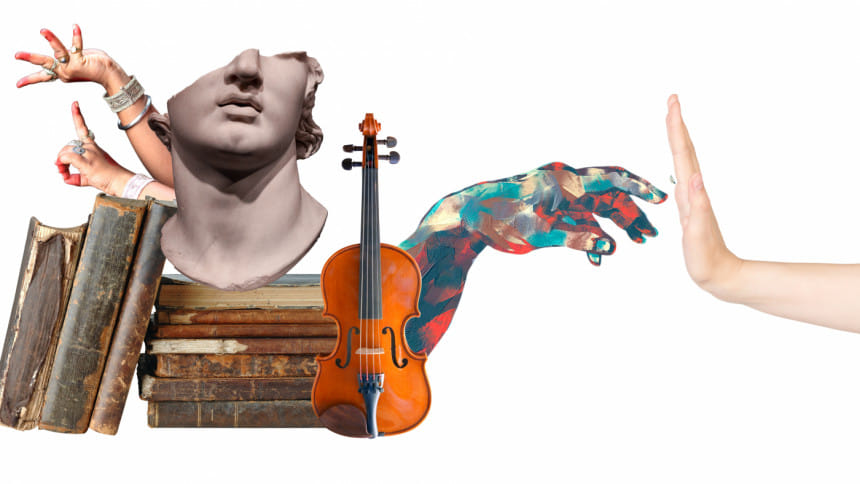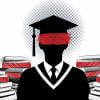Are we prioritising the humanities enough?

The studies of the humanities can be traced back to centuries. The spread of knowledge mainly started with an exploration of the world around us. An exploration of human nature, culture, society was critical in order to make sense of it all. Even so, our attention has shifted elsewhere.
In Bangladesh, all English medium schools have a set standard for the languages they offer (English and Bangla), but the teaching differs from school to school. However, subjects like history and geography are merely glossed over in grades three and seven. In the national curriculum, besides the languages, humanities are crammed under "Social Science", taught usually between grades six and ten.
While Bangladesh does have institutions and university departments dedicated to humanities subjects, the lack in the foundational level in these areas makes learning at such institutions very challenging.
Ereti Rhidil Rahman, a student at University of Liberal Arts, Bangladesh (ULAB), says, "I am pursuing my major in English and Humanities, and minor in Media Studies and Journalism. Both streams require a good grasp on world history, but most students, including myself, have little to no prior knowledge regarding it."
In the face of the challenges, Sudeep Chakravarti, a journalist, author, professor, and the founder of the Center of South Asian Studies at ULAB, remains positive, "I do see many students in the university system who lack foundation in humanities and, perhaps more importantly, lack confidence to take initiatives, practise critical thinking, and hesitate to move beyond rote learning and the rigid direction of syllabi and instructors. All it takes to change this is space, opportunity, enabling, empowerment – and a gentle nudge."
To end on why humanities should be seen with higher regard, Sudeep Chakravarti, says, "I believe that whatever you learn or choose to specialise in, a 360-degree outlook is crucial to shape you fully as an individual. A businessperson will be hobbled without an active sense of history and politics, in a range from local to global. Liberal arts education seeks to provide this 360-degree engagement with humanities."
Rudaiba Mahbub is currently an undergrad student at ULAB.

 For all latest news, follow The Daily Star's Google News channel.
For all latest news, follow The Daily Star's Google News channel. 








Comments